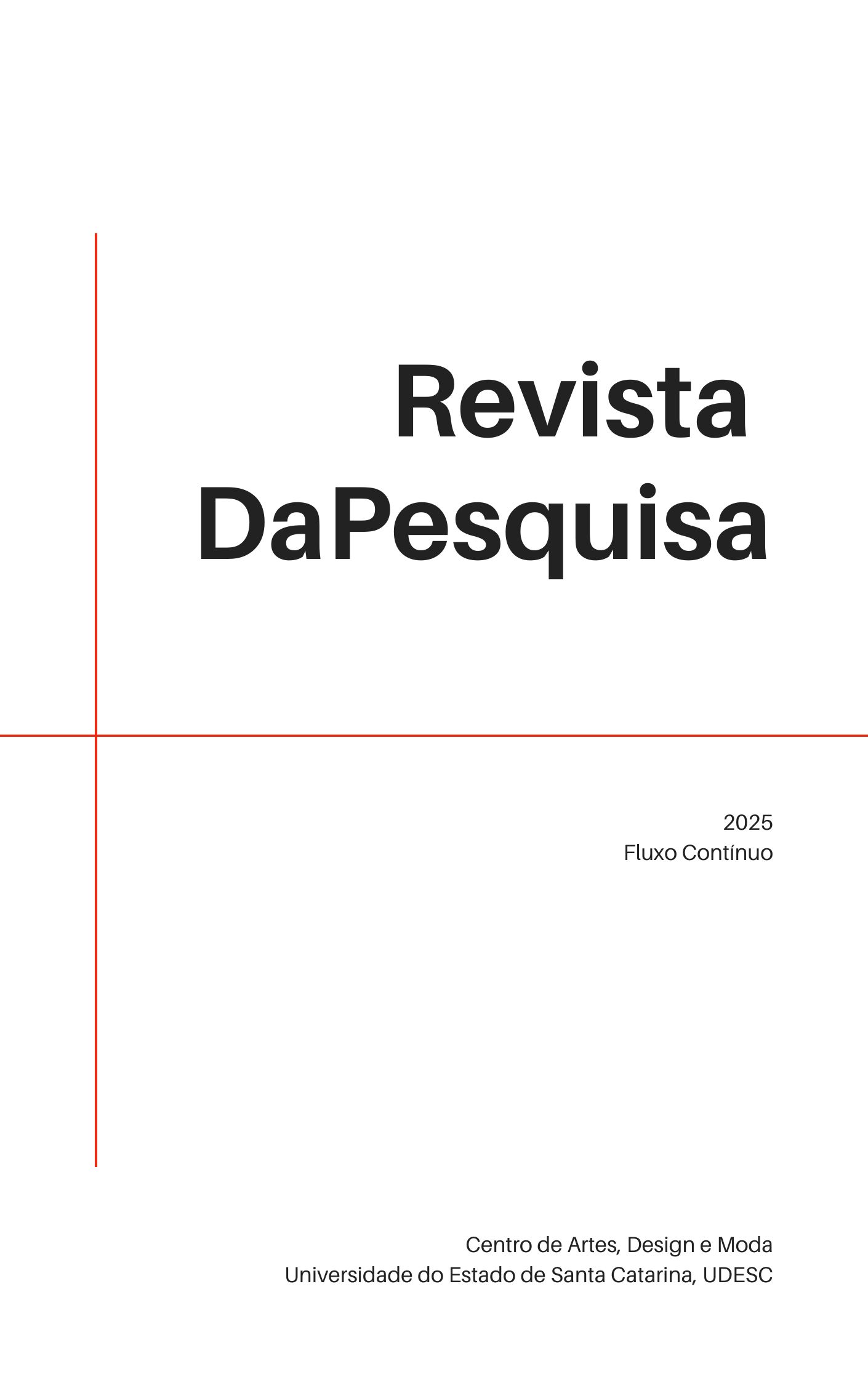BELEZA SUSTENTÁVEL E COMUNIDADES DE MARCA: O PAPEL DO CONSUMO CONSCIENTE NA CONSTRUÇÃO DE RELAÇÕES DE VALOR
DOI:
https://doi.org/10.5965/18083129172025e0011Keywords:
consumo consciente, sustentabilidade, comunidades de marca, marketing sustentável, abordagem SAVEAbstract
Sustainable brands in the beauty sector build symbolic relationships and engaged communities through conscious consumption and marketing strategies aligned with sustainability principles. This article aims to identify how sustainable practices and emotional marketing strategies contribute to the development of brand communities in the beauty segment. The research adopts a qualitative approach and a descriptive character, conducted through a literature review and a case study of the brand Simple Organic. The findings indicate that authentic sustainable actions strengthen consumer bonds and foster positive transformations in the beauty market.
Keywords: Conscious consumption; Sustainability; Brand communities; Sustainable marketing; SAVE approach.
Downloads
References
AKBAR, A. Beyond the buzzword: unpacking consumer perceived value in green marketing. Journal of Cleaner Production, v. 432, 2024, p. 12–18.
ALMEIDA, R. C. et al. Comunidades de marca: um estudo sobre a influência no comportamento de consumo de seus membros. Revista Administração em Diálogo, São Paulo, v. 13, n. 3, p. 45–62, 2011.
BAGOZZI, R. P.; DHOLAKIA, U. M. Antecedents and purchase consequences of customer participation in small group brand communities. International Journal of Research in Marketing, Amsterdam, v. 23, n. 1, p. 45–61, 2006.
CHAUDHURI, A.; HOLBROOK, M. B. The chain of effects from brand trust and brand affect to brand performance: the role of brand loyalty. Journal of Marketing, Chicago, v. 65, n. 2, p. 81–93, 2001.
COVA, B.; COVA, V. Tribal marketing: the tribalisation of society and its impact on the conduct of marketing. European Journal of Marketing, v. 36, n. 5/6, p. 595–620, 2002.
ETTENSON, R.; CONRADO, E.; KNOWLES, J. Rethinking the 4P’s. Harvard Business Review, jan.–fev. 2013.
FURTADO, J. F. Marketing Sustentável: princípios, planejamento e prática. São Paulo: Atlas, 2020.
HOLLEBEEK, L. D. et al. Customer experience and brand co-creation in virtual environments: insights from the metaverse. Journal of Business Research, v. 158, p. 113652, 2023.
KOTLER, P.; KARTAJAYA, H.; SETIAWAN, I. Marketing 5.0: tecnologia para a humanidade. Hoboken: Wiley, 2021.
MAGALHÃES, M. F.; SAMPAIO, R. Planejamento de marketing: teoria e prática. 6. ed. São Paulo: Atlas, 2021.
ORGANIZAÇÃO DAS NAÇÕES UNIDAS. Objetivos de Desenvolvimento Sustentável. Brasília, 2024. Disponível em: https://brasil.un.org/pt-br/sdgs. Acesso em: 15 jun. 2025.
PEIRCE, C. S. Semiótica. São Paulo: Perspectiva, 1988.
SANTAELLA, L. Estéticas tecnológicas: novas formas de sentir. São Paulo: Paulus, 2016.
TAVARES, M. C. C. et al. A psicossociologia do marketing ambiental e a percepção de valor simbólico de marca. Revista de Administração da UFSM, Santa Maria, v. 10, n. 2, p. 312–332, 2017.
Downloads
Published
How to Cite
Issue
Section
License
Copyright (c) 2025 Isabela Prates, Dr. Reinaldo de Almeida Coelho, Dr. Eduardo Trauer

This work is licensed under a Creative Commons Attribution 4.0 International License.
Authors who publish in this journal agree to the following terms:
The authors retain the copyright and grant the journal the right of first publication, with the study being simultaneously licensed under the Creative Commons Attribution-Noncommercial License, which allows the sharing of work with acknowledgment of authorship and initial publication in this journal.
This journal, following the recommendations of the Open Access movement, provides public access to all its content, following the principle that free access to research leads to a greater global exchange of knowledge.
Plagiarism in all its forms constitutes unethical publication behavior and is unacceptable. The Journal DAPesquisa reserves the right to use software or other methods of detecting plagiarism to analyze submitted works.





